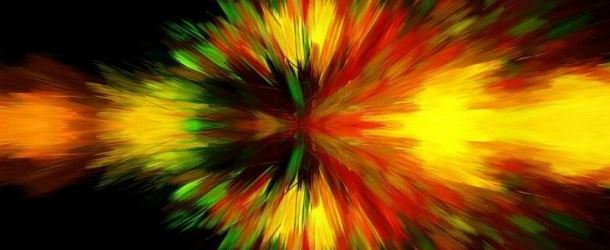Answers to Quantum Computing’s Decoherence Problem

(ScientificAmerican) The promise of quantum computing was first recognized in the 1980s yet remains unfulfilled. Quantum computers are exceedingly difficult to engineer, build, and program. As a result, they are crippled by errors in the form of noise, faults, and loss of quantum coherence, which is crucial to their operation and yet falls apart before any nontrivial program has a chance to run to completion.
This loss of coherence (called decoherence), caused by vibrations, temperature fluctuations, electromagnetic waves and other interactions with the outside environment, ultimately destroys the exotic quantum properties of the computer.
Answers are coming from intense investigation across a number of fronts, with researchers in industry, academia and the national laboratories pursuing a variety of methods for reducing errors. One approach is to guess what an error-free computation would look like based on the results of computations with various noise levels. A completely different approach, hybrid quantum-classical algorithms, runs only the most performance-critical sections of a program on a quantum computer, with the bulk of the program running on a more robust classical computer.























